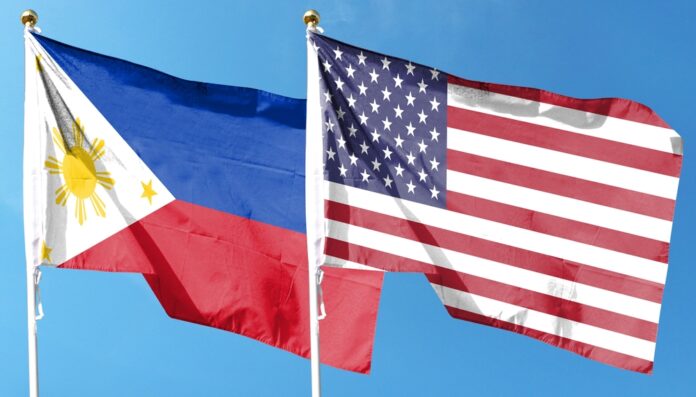Local agricultural groups have expressed disappointment over the reported US decision to lower its import tariff on Philippine goods by only one percentage point—from 20 percent to 19 percent—as part of a trade deal granting zero-tariff access to American agricultural exports entering the Philippines.
Describing the deal as “lopsided,” stakeholders said the concession offers minimal benefit to Filipino exporters while opening the local market to competitive US products, posing risks to domestic agriculture.
“This agreement is very lopsided in favor of the US,” said Leonardo Montemayor, chair of the Federation of Free Farmers. He criticized the Philippine government for agreeing to the deal, saying, “PBBM and the Filipino people were taken for a ride by Trump”. PBBM is the initials the local press has given President Ferdinand Marcos Jr. who is more publicly known by his pet name “Bong bong.”
Danilo Fausto, president of the Philippine Chamber of Agriculture and Food Inc., echoed the concern, warning that if the reported agreement holds true, “this will have a negative impact on our agriculture sector, especially livestock and poultry.” Fausto said a formal document detailing the terms is still needed for full assessment.
The Kilusang Magbubukid ng Pilipinas (KMP) went further, denouncing the deal as an “outrageous and unequal” trade arrangement. KMP chairperson Danilo Ramos claimed the agreement continues a trend of harmful tariff liberalization that has “decimated” the local agriculture sector. The group also linked the US trade stance to broader geopolitical pressure tactics.
Industry players such as Dean Lao Jr., president of Chemrez Technologies Inc., expressed regret that the Philippines did not regain the zero-percent duty benefits enjoyed under previous US trade frameworks, notably the pre-Trump era North America Free Trade Agreement preferences.
The Samahang Industriya ng Agrikultura withheld comment pending a full review of the agreement’s details.
In response to the growing criticism, Agriculture Secretary Francisco Tiu Laurel Jr. asserted it “too early” to determine the impact of the deal on Philippine agriculture. He acknowledged that while the US maintains a 19 percent tariff on Philippine goods, the Philippines continues to face a $1.95 billion agricultural trade deficit with the US, despite a $3.98 billion total trade surplus in 2024.
Tiu Laurel also noted potential upsides, including lower input costs from US imports that may support government efforts to ensure food security, particularly in the livestock sector.
The country’s Southeast Asian nations have recently secured better terms: Indonesia’s tariff rate was reduced from 32 percent to 19 percent, while Vietnam saw a cut from a proposed 46 percent to 20 percent. The Philippines’ top agri exports to the US include coconut oil, which generated $558.7 million last year, while key imports from the US such as animal feeds and cereals reached over $2 billion combined.







